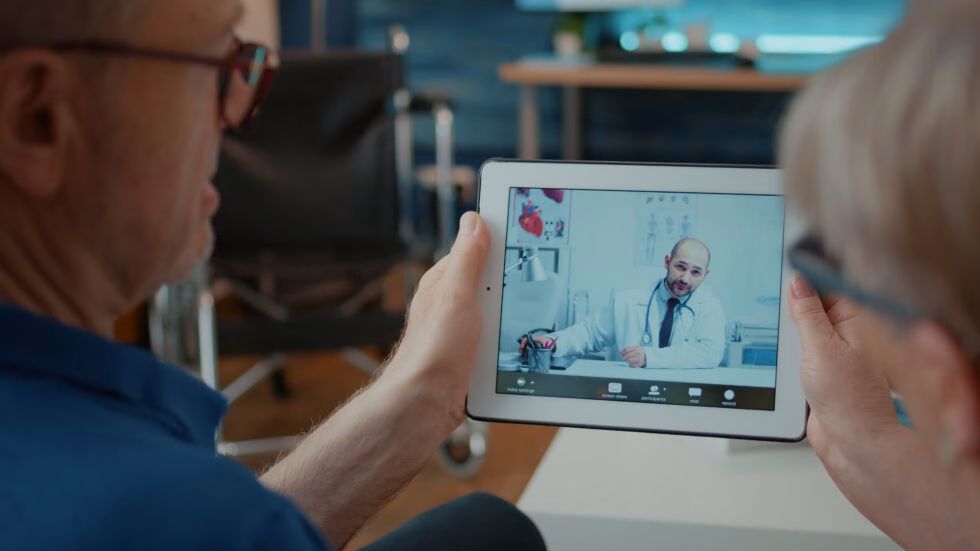
What Happens if I Get Salmonella While Pregnant?
As a mother-to-be, you want to maintain a healthy pregnancy. The Mooresville area is full of opportunities to boost your health and wellness throughout your pregnancy journey, offering everything from exercise to nutritious eating options. For those looking to maintain fitness, FIT4MOM stands out as a great resource for pre-and post-natal exercise. If you’re scaling back on caffeine but still need a pick-me-up, local favorites like Main Street Coffee and Coworking provide a variety of low-caffeine and caffeine-free beverages. Expectant mothers have a lot of choices in the area to preserve their health.
But it’s not just about proactive health measures; it’s also about avoiding illnesses and infections that could disrupt your pregnancy. One foodborne sickness to look out for is salmonella infection, a common and potentially serious type of food poisoning. Continue reading to find out how to spot the symptoms of salmonella and the most effective ways to avoid infection while you’re expecting.
How to Tell if I Have Salmonella?
Symptoms typically appear within four to seven days of infection but can develop in as little as a few hours. Below are some common symptoms to be on the lookout for:
- Diarrhea
- Nausea and vomiting
- Stomach cramps
- Fatigue
- Fever
If your symptoms worsen, seek further medical attention. Fevers higher than 102 and dehydration are signs that it’s time to get immediate treatment.
Is Salmonella Dangerous for My Baby?
In general, if you contract salmonella while pregnant, you will most likely recover as any other healthy person would. But there are some rare cases of salmonella passing to the fetus and causing serious health issues including sepsis and meningitis. It’s best to be safe instead of sorry when avoiding food poisoning. Take measures to prevent salmonella and the potential risks that come with it.
How to Prevent Salmonella
There are simple ways to mitigate the risks of contracting salmonella. Consider the following:
- Food prep safety: avoid cross-contamination in the kitchen, keep cooking areas clean, and wash your produce thoroughly before eating.
- Don’t eat undercooked and raw foods: Cook all food thoroughly and avoid raw or undercooked foods such as sushi with raw fish, raw oysters, and runny eggs.
- Don’t eat unpasteurized foods: Avoid raw milk and dairy products that may contain it such as soft cheeses and yogurt. Read the packaging on products to ensure the food or beverage has been pasteurized.
- Wash rags and sponges after use in the kitchen to prevent the spread of potentially harmful bacteria
- Limit animal exposure: animals, especially birds, farm animals, and reptiles can carry salmonella. Wash your hands after interacting with animals and avoid exposure to animal feces.
Protecting Your Pregnancy
Reach out to your OB/GYN regarding any worries about your pregnancy. If you suspect a salmonella infection during pregnancy, stay calm and seek advice from a medical expert to receive appropriate care. To ease your mind and protect both you and your unborn child, adhere to straightforward guidelines for preventing food poisoning.
For any questions or if you are seeking immediate care, consider visiting AFC Urgent Care Mooresville today.


